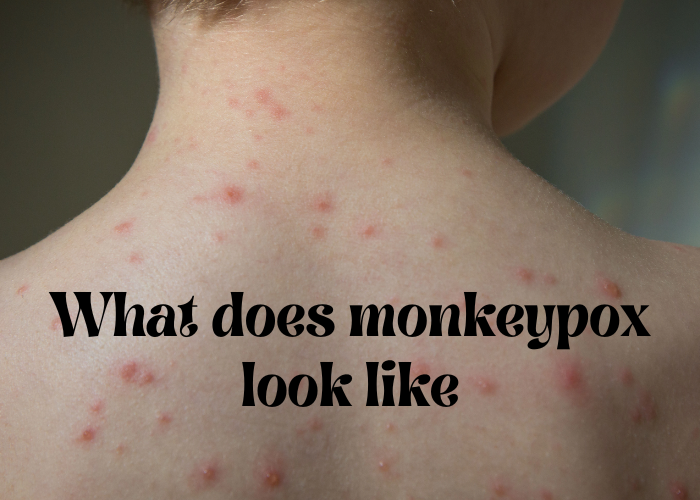This is a question that has been on the minds of many people lately, especially after an outbreak of monkeypox in the United States. While monkeypox may not be a well-known disease to some, it is actually very similar to chickenpox, which most people are more familiar with. In this post, we will take a closer look at monkeypox and what you can expect if you contract the virus. We will also discuss how to protect yourself from getting infected. So, if you are curious about monkeypox, read on and get more tips!
What Is Monkeypox
Monkeypox is a rare viral disease that is similar to smallpox. The monkeypox virus is found in Africa, where it primarily affects monkeys and other animals. However, the virus can also infect humans, causing a disease that is similar to smallpox. Monkeypox is usually mild, but it can occasionally be deadly. The disease begins with a fever, followed by a rash that spreads over the body. The rash typically forms blisters or pustules, which eventually scab over and fall off. Monkeypox is usually treated with supportive care, such as pain relief and hydration. In severe cases, however, patients may require hospitalization. There is no specific treatment for monkeypox, but the smallpox vaccine can help to prevent the disease.
How Does Monkeypox Spread
It was first identified in humans in 1970 in the Democratic Republic of Congo. The Monkeypox virus is most commonly spread to humans from contact with infected animals, including monkeys, apes, and squirrels. The virus can also spread from person to person, although this is less common. Human-to-human transmission usually occurs through close contact with an infected individual, such as when they are coughing or sneezing. The Monkeypox virus usually causes a milder illness than smallpox, and most people recover within a few weeks. However, the virus can occasionally be more severe and has been known to cause death in rare cases. There is no specific treatment for monkeypox, but hospitalization may be required for severe cases. Prevention of monkeypox is typically achieved through vaccination against smallpox.
What Are the Symptoms of Monkeypox
Monkeypox is a rare viral infection that is similar to smallpox. The disease is found mostly in Africa, and it can be deadly in some cases. Symptoms of monkeypox include fever, headache, muscle aches, and a rash that starts on the face and spreads to the rest of the body. The rash usually starts as small red bumps that turn into blister-like sores. In severe cases, monkeypox can lead to pneumonia, swelling of the brain, and death. There is no specific treatment for monkeypox, but hospitalization and supportive care can help to manage the symptoms. Vaccination against smallpox can also help to prevent infection with monkeypox.
How Is Monkeypox Treated
There is no specific treatment for monkeypox. However, the rash can be treated with topical ointments to help soothe the skin and relieve itching. In severe cases, hospitalization may be necessary to ensure that the patient receives adequate hydration and rest. In some instances, antiviral medications may be prescribed in an effort to shorten the duration of the illness. It is important to monitor monkeypox closely, as it can sometimes lead to life-threatening complications such as pneumonia or encephalitis. Prompt medical attention is essential for patients who develop these serious symptoms.
Is There a Vaccine for Monkeypox
There is no currently available vaccine for monkeypox. However, there is an investigational vaccine that is in clinical trials and may be available in the future. Monkeypox is a potentially deadly disease that is related to smallpox. It is most commonly found in Africa, where it usually affects humans who have close contact with infected animals, such as monkeys or squirrels. The disease can also spread from person to person, and outbreaks have been reported in several countries, including the Democratic Republic of Congo, Nigeria, and South Africa. Symptoms of monkeypox include fever, rash, and lymph nodes. Treatment focuses on relieving symptoms and supporting the patient’s immune system. There is no specific cure for monkeypox, and it can be fatal in up to 10% of cases. The best way to prevent monkeypox is to avoid contact with infected animals or people. If you think you have been exposed to the virus, seek medical care immediately and tell your healthcare provider about your potential exposure.
Conclusion:
Monkeypox is a rare viral disease that occurs primarily in central and western Africa. The virus that causes monkeypox is similar to the one that causes chickenpox, but it is much less common.
